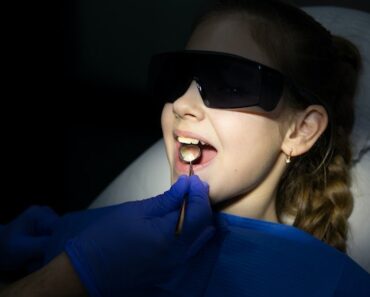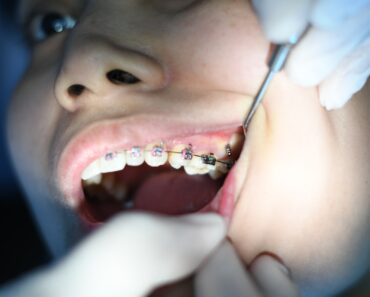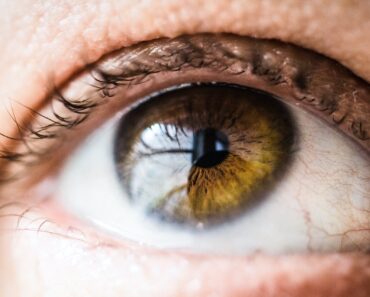Why do old people chew for no reason?
As we observe our elderly loved ones, we may notice certain behaviors that spark curiosity. One such behavior is the act of chewing without an apparent cause. In this exploration, we delve into the reasons behind why some older individuals engage in chewing for no apparent reason, unraveling the mystery behind this unique behavior.
Understanding Unexplained Chewing in Seniors
Sensory Stimulation:
- Oral Stimulation:
Chewing can provide sensory stimulation, which is especially relevant for seniors who may experience a decline in other senses. It becomes a way to engage and activate their senses. - Memory and Comfort:
Chewing may evoke memories of familiar activities, such as enjoying a meal or a snack. It can provide a sense of comfort and routine for seniors.
Possible Causes of Unexplained Chewing
Cognitive Conditions:
- Dementia and Alzheimer’s:
Seniors with cognitive conditions like dementia or Alzheimer’s may engage in repetitive behaviors, including chewing. This behavior may be a response to confusion or a way to cope with anxiety. - Sundowning Effect:
Chewing might be more noticeable during the evening, a phenomenon known as sundowning. This can be linked to changes in the brain that occur later in the day for individuals with cognitive conditions.
Oral Health Issues:
- Dental Discomfort:
Seniors may experience dental issues such as gum sensitivity, toothaches, or ill-fitting dentures. Chewing, even without food, can provide relief or a soothing sensation. - Dry Mouth:
Medications or certain health conditions can cause dry mouth in seniors, leading to a constant urge to chew or suck on objects to alleviate discomfort.
How to Address Unexplained Chewing in Seniors
Consultation with Healthcare Professionals:
- Dental Check-Up:
Schedule a dental check-up to ensure that any oral health issues are addressed promptly. Proper fitting dentures or treatment for dental discomfort can make a significant difference. - Medical Evaluation:
If the chewing behavior is associated with cognitive conditions, consulting with a healthcare professional for a comprehensive medical evaluation is crucial. They can provide insights into managing associated symptoms.
Creating a Comfortable Environment:
- Oral Alternatives:
Provide seniors with oral alternatives such as sugar-free gum, mints, or safe chew toys. This can redirect the chewing behavior to more appropriate items. - Calming Techniques:
Implement calming techniques to alleviate anxiety or stress that may contribute to unexplained chewing. This can include creating a soothing environment or engaging in calming activities.
Pro Tip: Open communication with seniors about their feelings and any discomfort they may be experiencing can provide valuable insights into addressing unexplained chewing.
Conclusion: Navigating the Complexities of Senior Behavior
In conclusion, the mystery of why some older individuals chew for no apparent reason is a complex interplay of sensory stimulation, cognitive conditions, and oral health factors. Understanding the potential causes allows us to approach this behavior with compassion and provide the necessary support for our elderly loved ones.
Remember, seeking professional guidance and creating a comfortable environment can significantly contribute to managing and addressing unexplained chewing in seniors.






